In a quiet corner of Maharashtra’s Beed district, where dusty lanes wind through fields and most women are expected to live quietly behind veils, Anita Kamble’s story begins.
It’s a place where childhood often ends early for girls, where silence is taught as survival, and where widows are left to pick up the pieces alone. But Anita chose a different path — one marked by courage, community, and the resolve to rewrite what life handed her.
At just 13, she was married off — a child bride navigating the complexities of adulthood while still in Class 7. Tragedy struck when she was 26; her husband died in a road accident, leaving her to fend for herself and her two young children.
Faced with an uncertain future, she took on tutoring and daily wage work, doing whatever it took to support her family. She even sold clothes — each garment a step towards survival.
“But I did not discontinue my education,” Anita says. She held onto her dreams and earned a master’s degree in social work.
Anita’s path led her to Yuvagram, a local education centre, where she recognised the collective struggle of women like her — courageous yet often overlooked. As a widow, she found strength in her shared journey with other women experiencing similar pain.
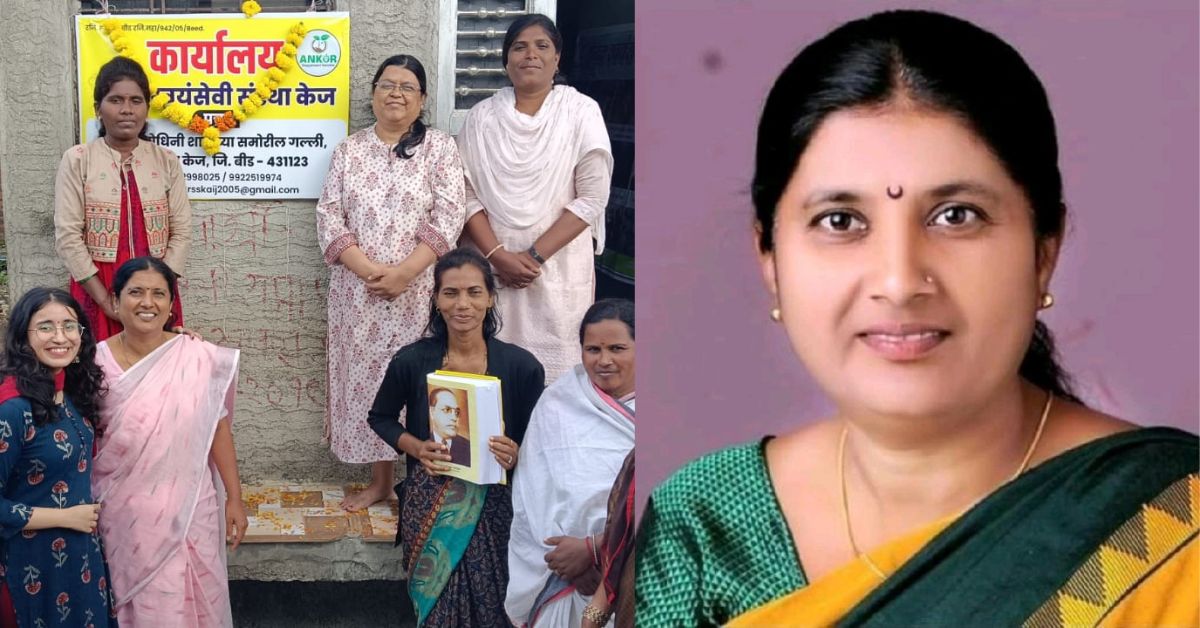
“I felt I was not alone. There were so many women going through this pain, in need of help and support,” the 45-year-old tells The Better India.
So, her mission became clear: to uplift marginalised and vulnerable women like herself. In 2015, she founded ‘Ankur’, an organisation dedicated to working for the welfare of single and widowed women — a cause close to her heart.
For over a decade, Anita has navigated the challenges of running a non-profit through sheer tenacity and community support — from fistfuls of grains to donations of just a few rupees.
“Even for something as simple as obtaining a banner, I relied on the generosity of donations, often just Rs 500, a single fistful of grains, or Re 1. We made our efforts work with these humble contributions. Yet, I knew expansion was crucial,” she adds.
From struggling alone to growing together
Just when it felt like she had reached the limits of what she could do on her own, a new opportunity opened up. Anita joined forces with ‘Parity Lab’, a Hyderabad-based non-profit working to heal gendered trauma and empower survivors to reclaim their lives. For her, it wasn’t just a partnership — it was a lifeline, a space where she could grow, learn, and lead with renewed purpose.
Through a year-long fellowship at Parity Lab, Anita honed her leadership skills and gained deeper insights into trauma, gender-based violence, and mental health. She also mastered social media platforms like LinkedIn, turning her organisation, Ankur, into a digital powerhouse.
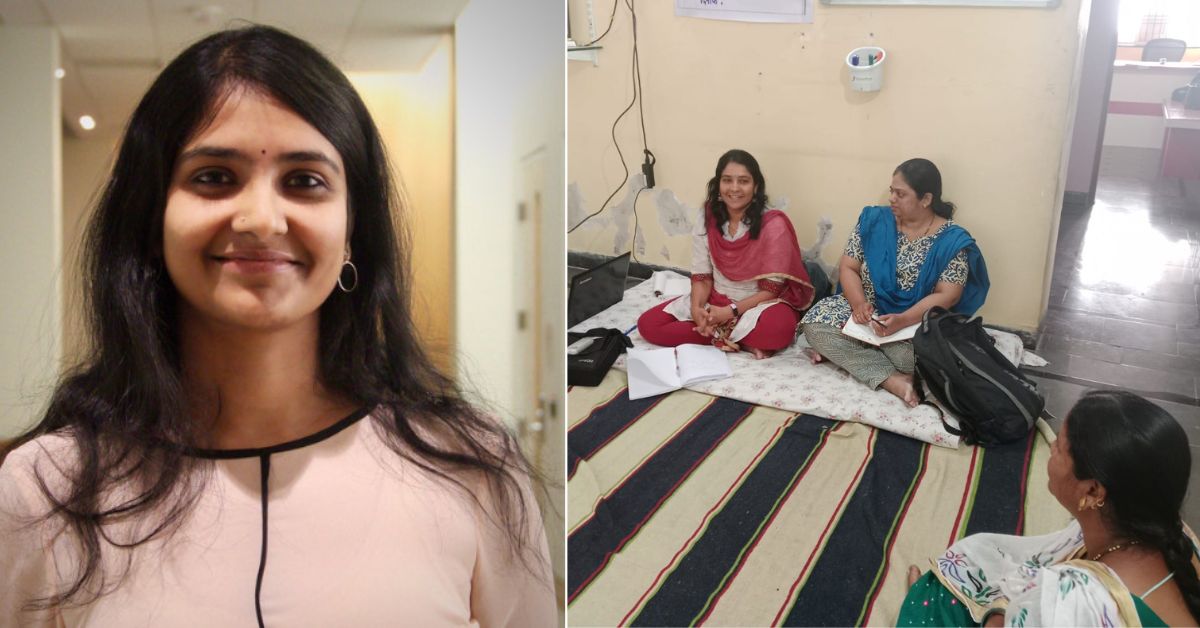
“They helped develop a website for us and taught us how to leverage social media to scale up our work. I even learned video production — and, most importantly, how to support others in their grief without being overwhelmed myself. This invaluable education came at no cost. It taught me emotional regulation, value-based vision, and effective leadership strategies,” she says.
Today, Anita empowers 300 rural women across 15 villages in the Beed district of Maharashtra. “Without their (Parity Lab’s) support, this transformation wouldn’t have been possible. We once felt confined — like being in a cupboard — but they liberated us to expand our online presence. Today, I navigate LinkedIn and operate computers with confidence and ease,” she smiles.
Together, we rise
Founded in 2021 by Mathangi Swaminathan, Parity Lab emerged during the chaos of the pandemic — born from the belief that healing and empowerment can transform not just individual lives, but entire communities.
This belief is rooted in Mathangi’s own journey. Raised in Chennai, her path has taken her from India to global stages, with years of dedicated work across Hyderabad and various international locations. Today, she lives in New Jersey, USA — but her heart remains deeply connected to the women and communities she serves.
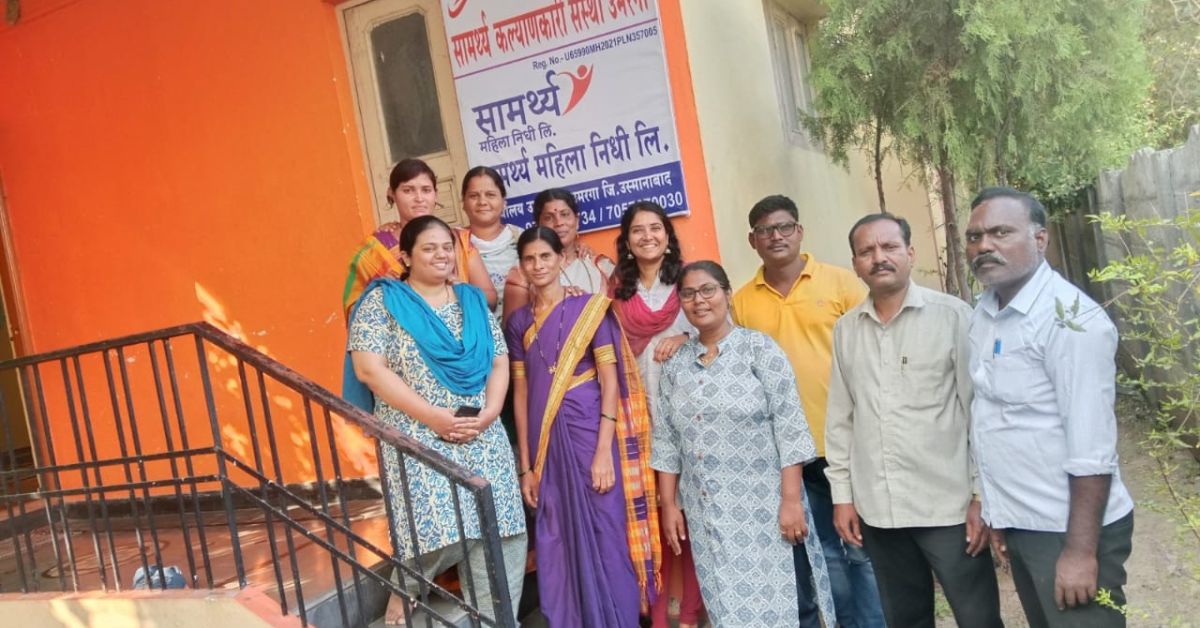
Her professional trajectory bridges both the corporate world and the social impact sector. Over the past 14 years, her career has been shaped by a decisive pivot after earning an MBA from ISB and a master’s in public administration from Harvard University, where she was a World Bank Scholar.
Yet, beneath the career milestones lies something even more personal. “I have endured violent trauma and gender-based abuse in many forms, both within personal and professional spheres,” she tells The Better India.
It is these lived experiences that have shaped the ethos of Parity Lab. Mathangi recalls a pivotal moment in 2017, when she first disclosed her experiences in a room full of women — who, one by one, raised their hands in shared acknowledgment. “Me too,” they said. It was more than a phrase; it was a collective sigh of relief in a world where silence often stifles suffering.
This powerful moment underscored the ubiquitous yet hidden nature of gender trauma. Witnessing the pandemic’s exacerbation of domestic violence, Mathangi felt compelled to act. She envisioned a focused, coordinated effort to address and heal gender trauma.
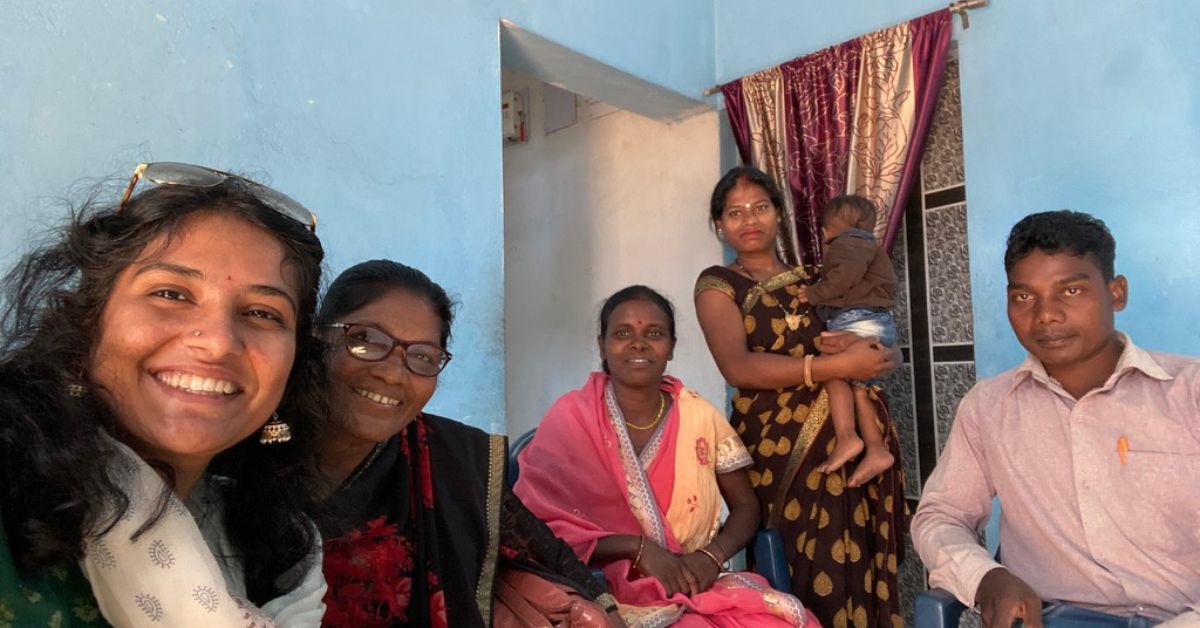
This vision birthed Parity Lab — an initiative and network unique in its dedication to dismantling the cycle of violence and trauma against women and girls.
Parity Lab thrives on its immersive programmes that transform survivors into changemakers. It offers a Rural Indian Women’s Fellowship (Grameen Jyothi Fellowship) for leaders from marginalised communities, a Global Women’s Fellowship for individuals across sectors, and an upcoming fellowship for men — aimed at fostering male allies in gender equity efforts.
Through these fellowships, Mathangi nurtures both healing and leadership. “Participants engage in group discussions, storytelling, and role-play exercises designed to foster emotional awareness and resilience. One-on-one sessions provide personalised support, and a vibrant online community sustains connection and growth,” she explains.
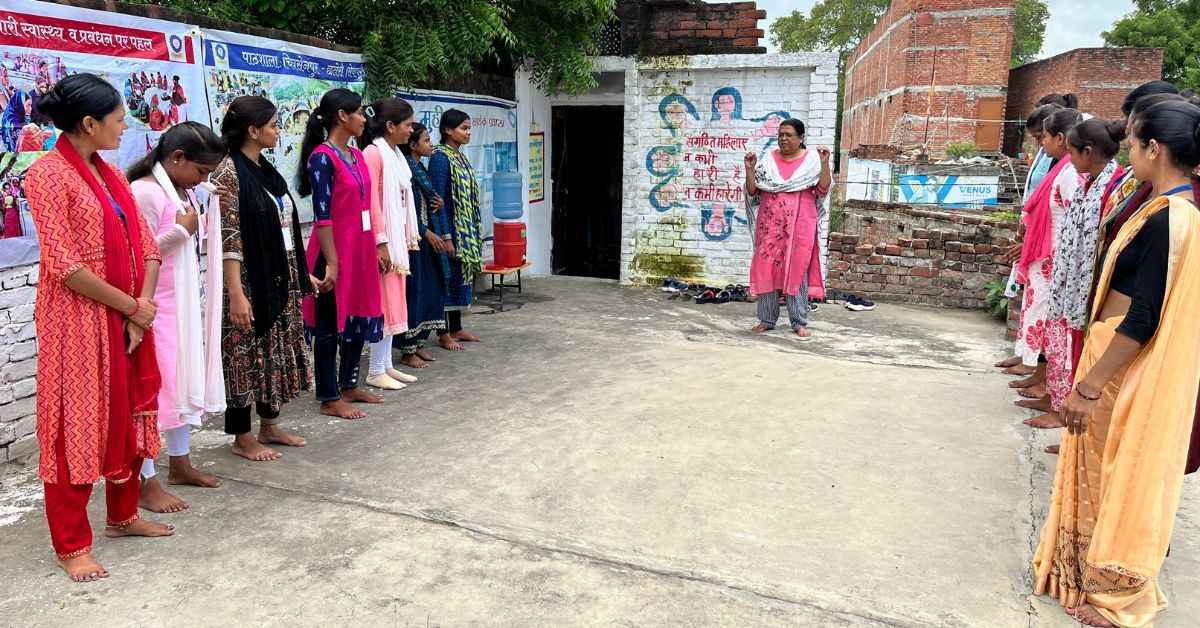
Mathangi continues, “Through laughter, music, and hard-earned tears, the women of Parity Lab build each other up. In community sessions, they explore topics like boundaries, mental wellness, and the complexities of their intersecting identities, all vital components in the journey from survival to leadership.”
She also shares that Parity Lab is now extending its impact beyond grassroots communities in India. “With the launch of our Global Fellowship, we are seeking to bring its trauma-informed, leadership development approach to women across sectors and geographies.”
Breaking the trauma cycle
Mathangi’s personal narrative not only shaped Parity Lab but also underpins its mission. Her work demonstrates that healing in a community enables profound internal and external transformation.
With her organisation, she embodies the transformative power of sharing personal stories — providing both a vital support network and a launchpad for developing leadership.
“These are stories like that of Ranjita Pawar, who transformed from a voiceless member of a marginalised nomadic tribe into a national award-winning leader against child marriage, and Pushpa from rural Uttar Pradesh, who now delegates her organisation’s responsibilities to a burgeoning team of leaders, empowering them to face the heavy weight of social change,” highlights Mathangi.
What started as 10 grassroots leaders coming together to form a fledgling organisation has blossomed into a comprehensive network of survivors who refuse to let trauma define them.
Since its founding, Parity Lab has expertly trained and empowered over 100 leaders, positively impacting more than 70,000 individuals through its trauma-informed approach.
Their stories — much like Mathangi’s own — are rife with pain, yet suffused with hope. A hope that, despite the odds, the cycle of trauma can end, and a new story can begin.
Edited by Khushi Arora; All images courtesy Parity Lab
No comments:
Post a Comment